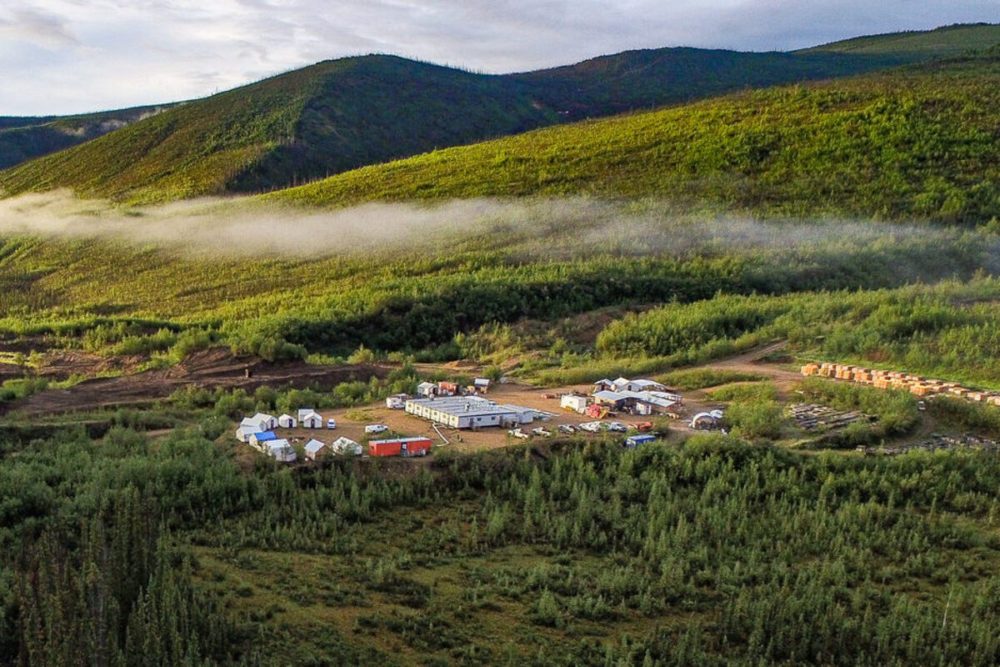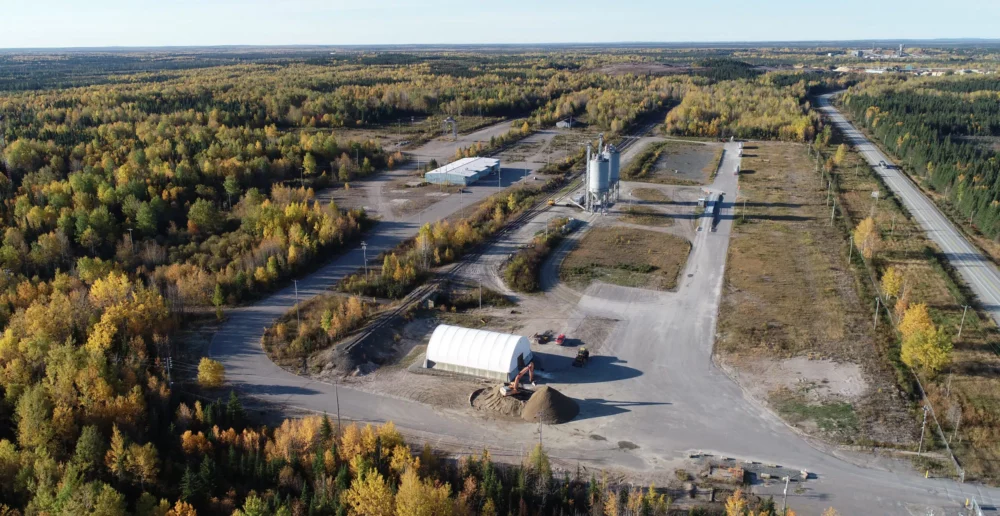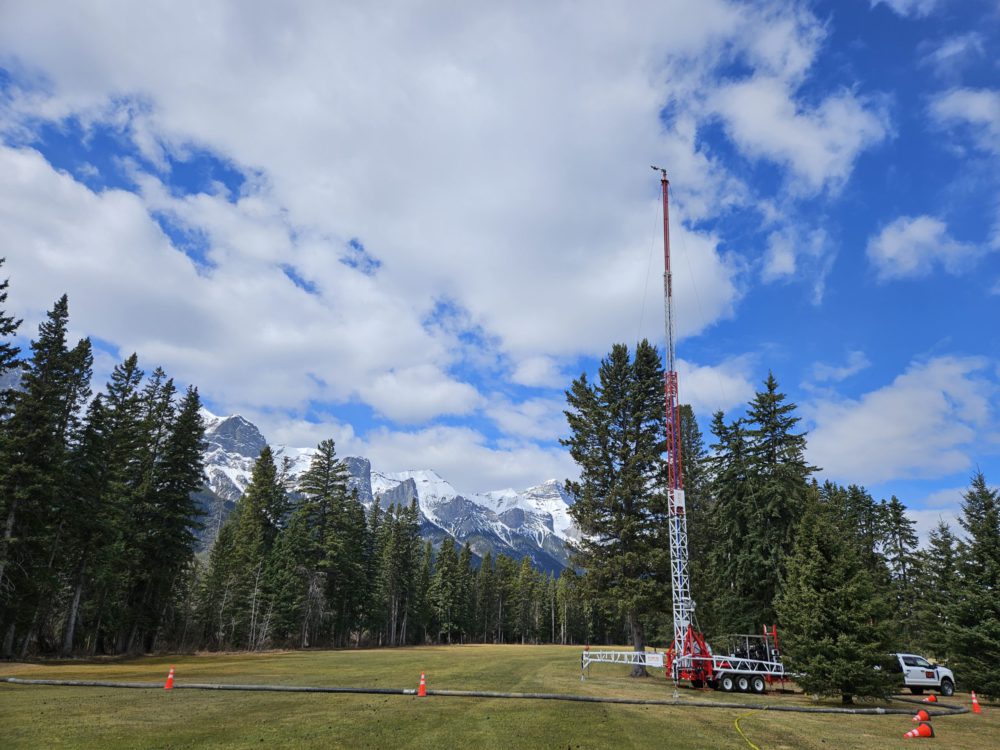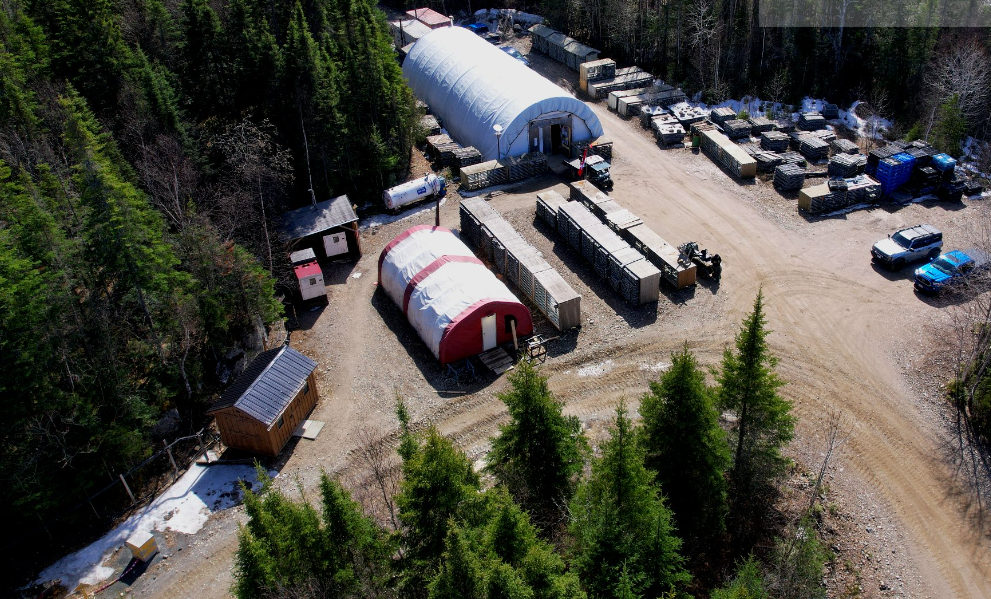Driving sustainability: How electric vehicles, critical minerals, and governments are shaping the future of mobility


As the world transitions toward a greater focus on ESG, the demand for critical minerals, essential for industries such as electric vehicle (EV) manufacturing, has grown exponentially. To address this challenge, partnerships between miners, car manufacturers and government entities are being forged to secure critical mineral supply chains.
Critical minerals
Critical minerals play a pivotal role in powering the future of transportation. Minerals such as lithium, cobalt, nickel and others have become increasingly vital due to their usage in EV batteries. Lithium, for instance, is a key component in the production of lithium-ion batteries, which are widely used in EVs. Cobalt and nickel are also critical elements in the battery chemistry, contributing to improved energy density and overall performance. The demand for these minerals has surged alongside the growing popularity of EVs, as they are essential for achieving longer driving ranges and faster charging times.
Partnerships and agreements
Car manufacturers have been actively engaging with mining companies to establish binding, long-term, offtake agreements for critical mineral supply. These offtake agreements often involve “take or pay” commitments from car manufacturers to purchase a certain guaranteed minimum volume of minerals over a specified period. In return, miners benefit from a guaranteed market for their products and potential investment in expanding their mining operations. These offtake agreements may also include significant advance payments, which foster the development of commercial production, thereby ensuring a sustainable supply of critical minerals.
Financial information for these agreements has not been publicly disclosed and pricing, for the most part, will be based on an agreed upon market-formula. The average length of these “long-term” offtake agreements ranges from five to six years, with some extending up to 11 years. The average tonnage specified in the agreements ranges from 4,000 up to nearly 20,000 tonnes of critical minerals per year. Lithium carbonate and lithium hydroxide are the primary critical minerals being purchased, as these are essential components for lithium-ion batteries in EVs.
Geographically, these agreements are being entered into from North America, Australia and Europe. Notable locations include Nevada in the United States, where ioneer’s Rhyolite Ridge lithium-boron operation is located. General Motors is making a “multi-million dollar” investment in Australia’s Controlled Thermal Resources to bolster the mining company’s efforts to extract lithium from California’s Salton Sea geothermal Field. The California Energy Commission estimates the area could produce 600,000 tonnes of lithium carbonate annually, worth US$7.2 billion.
Germany’s Volkswagen has signed an agreement with Australia-listed lithium supplier, Vulcan Energy Resources. European Lithium (EUR) has signed its first ever offtake agreement, teaming up with BMW through EUR’s Austrian subsidiary ECM Lithium (ECM) to supply lithium hydroxide from the Wolfsberg lithium project. This includes an advance payment by BMW to ECM of US$15 million.
In Canada, Mercedes-Benz has entered into an agreement with Rock Tech Lithium, which will source its raw ore from the Georgia Lake region in Ontario, eventually planning to build five high-tech lithium conversion facilities in North America and Europe, for a total production capacity of 120,000 tonnes of lithium hydroxide annually by 2029. Finally, Ford Motor Company has established an agreement with Nemaska Lithium, whose project is planned to be the first to produce lithium hydroxide in Québec.
Government involvement
Governments are also involved in the auto-mining sector. In March 2023, the Ontario government proposed changes to the law governing approval of mining projects to boost Ontario’s production of minerals essential to EV batteries. The changes are intended to speed up the licensing of new mines and make it easier for companies to obtain permits to recover minerals from mine tailings and waste. These proposed amendments should save mining companies time and money by allowing more flexibility in the techniques used to rehabilitate mines, as well as create additional options for mining companies to pay financial assurance.
In August 2022, Volkswagen entered a memorandum of understanding with the Canadian government to provide a reliable and sustainable supply chain for the increasingly scarce raw materials that go into EV batteries.
Finally, in March 2023, Honda welcomed the critical minerals agreement signed by the U.S. and Japan, which seeks to promote the adoption of EVs and strengthen and diversify supply chains.
Overall, these binding offtake agreements are crucial steps toward ensuring sustainable and secure access to critical minerals for auto manufacturers. These offtake agreements are also key for miners and the development of mines to achieve commercial production. As car manufacturers strive to meet the growing demand for EVs and sustainable energy technologies, strategic partnerships with mining companies and government entities will be key to reaching this goal.
Leanne C. Krawchuk is the Canada co-chair and a global lead of Dentons’ mining group. David Mikhaiel is an associate in Dentons Canada’s corporate group in Edmonton.





Comments